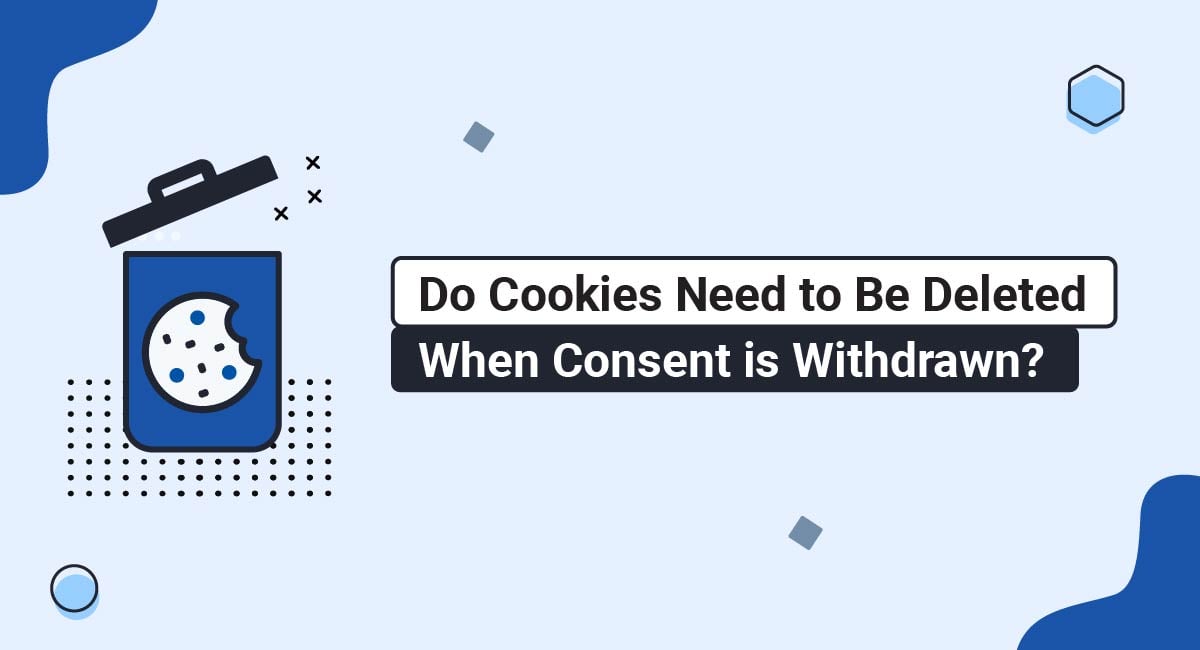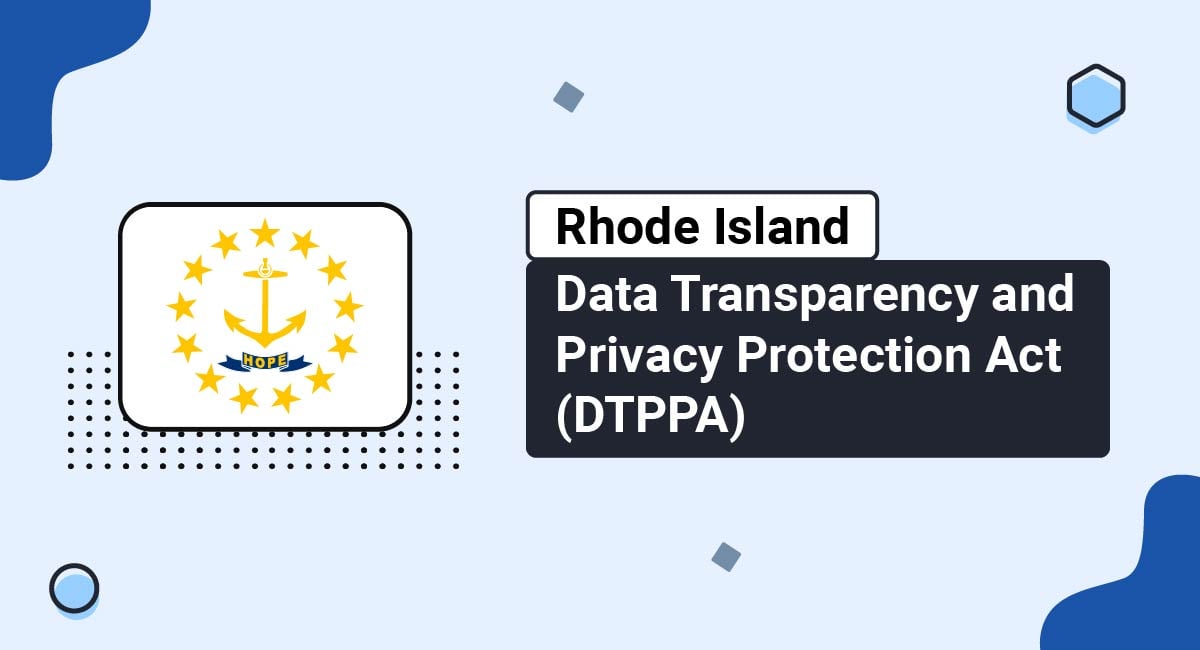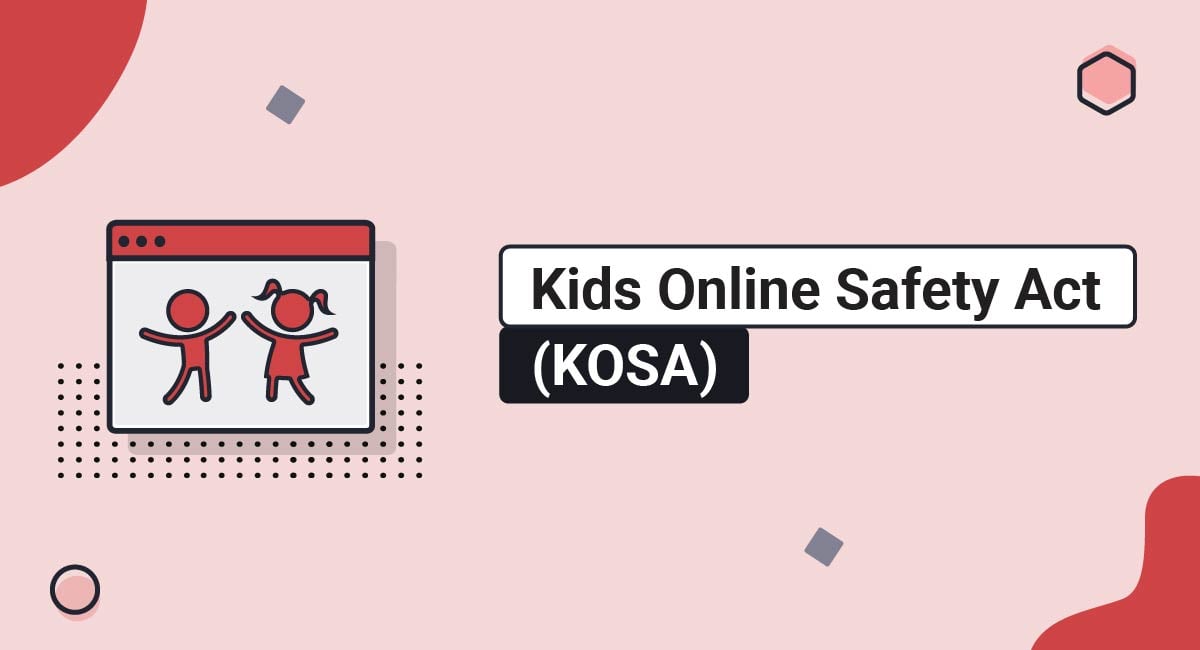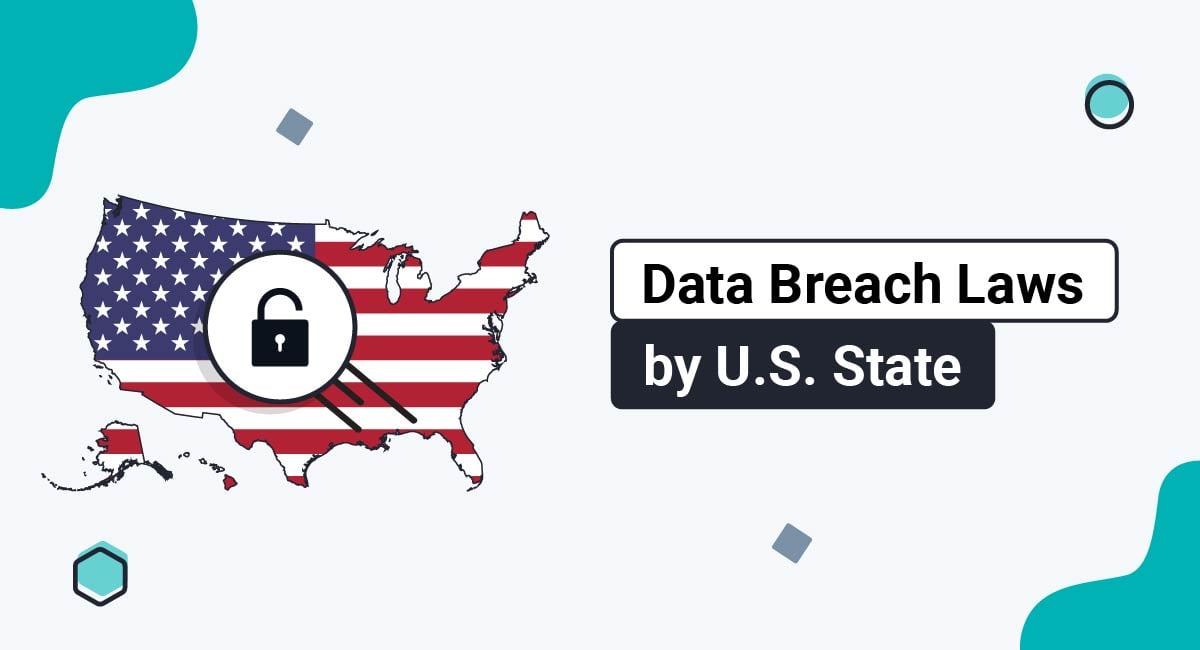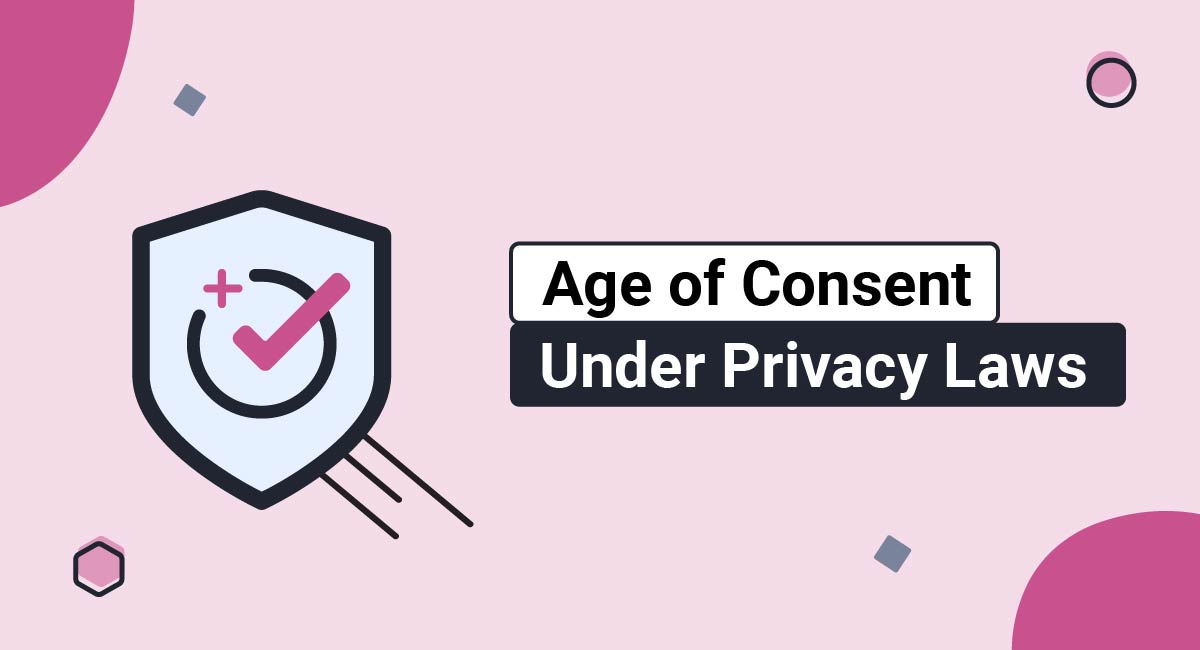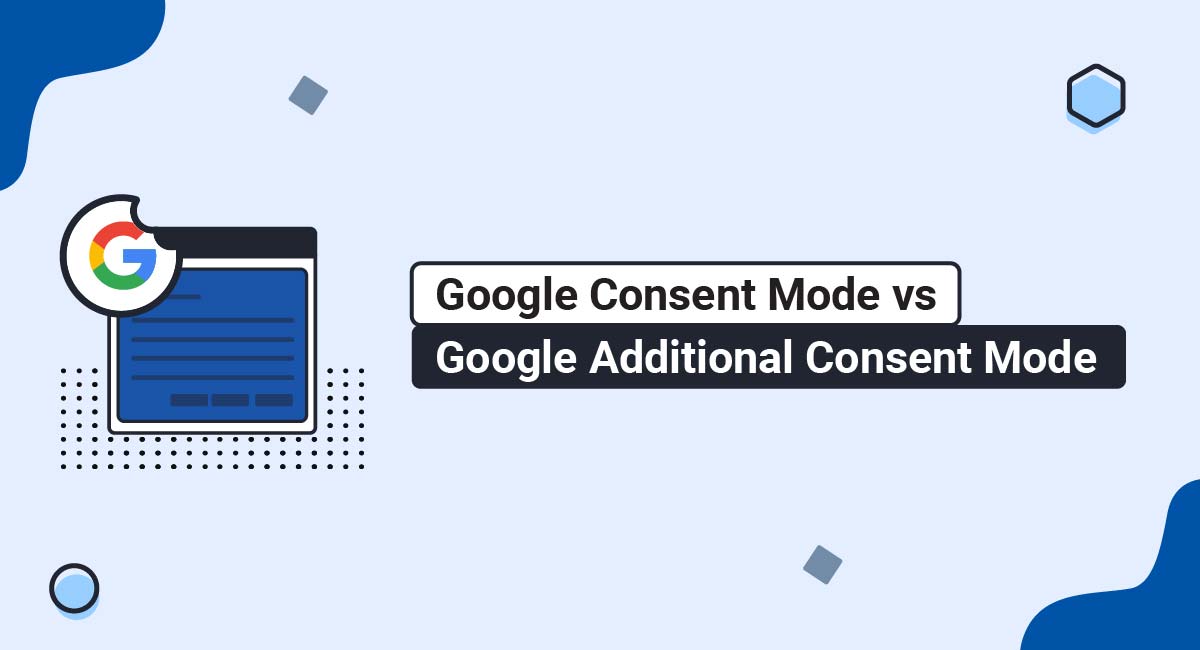
Stephen Titcombe
Legal and Data Privacy Writer at TermsFeed.
Stephen is a seasoned web content writer and business research specialist with 4+ years of experience writing for various industries, including business, legal, venture capital, news, finance, e-commerce, travel, and more. For the past two years, he has worked as a Legal and Data Privacy Writer, developing guides to help businesses comply with data protection laws. Based in Lagos, Nigeria, Stephen has a bachelor's degree in Business Administration from Obafemi Awolowo University.
Do Cookies Need to Be Deleted When Consent is Withdrawn?
If you run a website that uses cookies, your visitors have two primary options regarding cookie preferences: accept or decline cookies. Let's say they accept cookies, and your website dutifully sets cookies on their devices. What happens if the user later withdraws their consent? Do you have to delete previously set...
Rhode Island Data Transparency and Privacy Protection Act (DTPPA)
The Rhode Island Data Transparency and Privacy Protection Act (DTPPA) is a comprehensive privacy law designed to give Rhode Islanders greater control over their personal information, with a central focus on data transparency. As the latest addition to the growing patchwork of U.S. privacy laws, the DTPPA includes many familiar compliance...
Kids Online Safety Act (KOSA)
The Kids Online Safety Act (KOSA) is a U.S. privacy bill created to protect kids as they navigate today's precarious online environment. It does this by imposing new child-related safety obligations on all applicable online platforms. Having already passed in the Senate with strong bipartisan support, KOSA now awaits a decisive...
Data Breach Laws by U.S. State
Data breaches are alarmingly common today. In 2024 alone, the United States has (so far) witnessed 2,741 publicly disclosed breach incidents, compromising over 6 billion records. One of the ways governments have responded to this crisis is by enacting data breach notification laws. These laws perform two key functions: Protect consumers from...
Age of Consent Under Privacy Laws
Under privacy laws, the age of consent is the minimum age at which a person can legally consent to a data processing activity. From this age and above, kids can (by themselves) permit a company to collect and use their personal information. The age of consent varies from law to law,...
Google Consent Mode vs Google Additional Consent Mode
Google Consent Mode and Google Additional Consent Mode are two important privacy settings in Google's ecosystem. They're designed to help Google and its users align their consent practices with the requirements of EU privacy and consumer protection laws. Though they sound similar, Consent Mode and Additional Consent Mode are separate technical...
